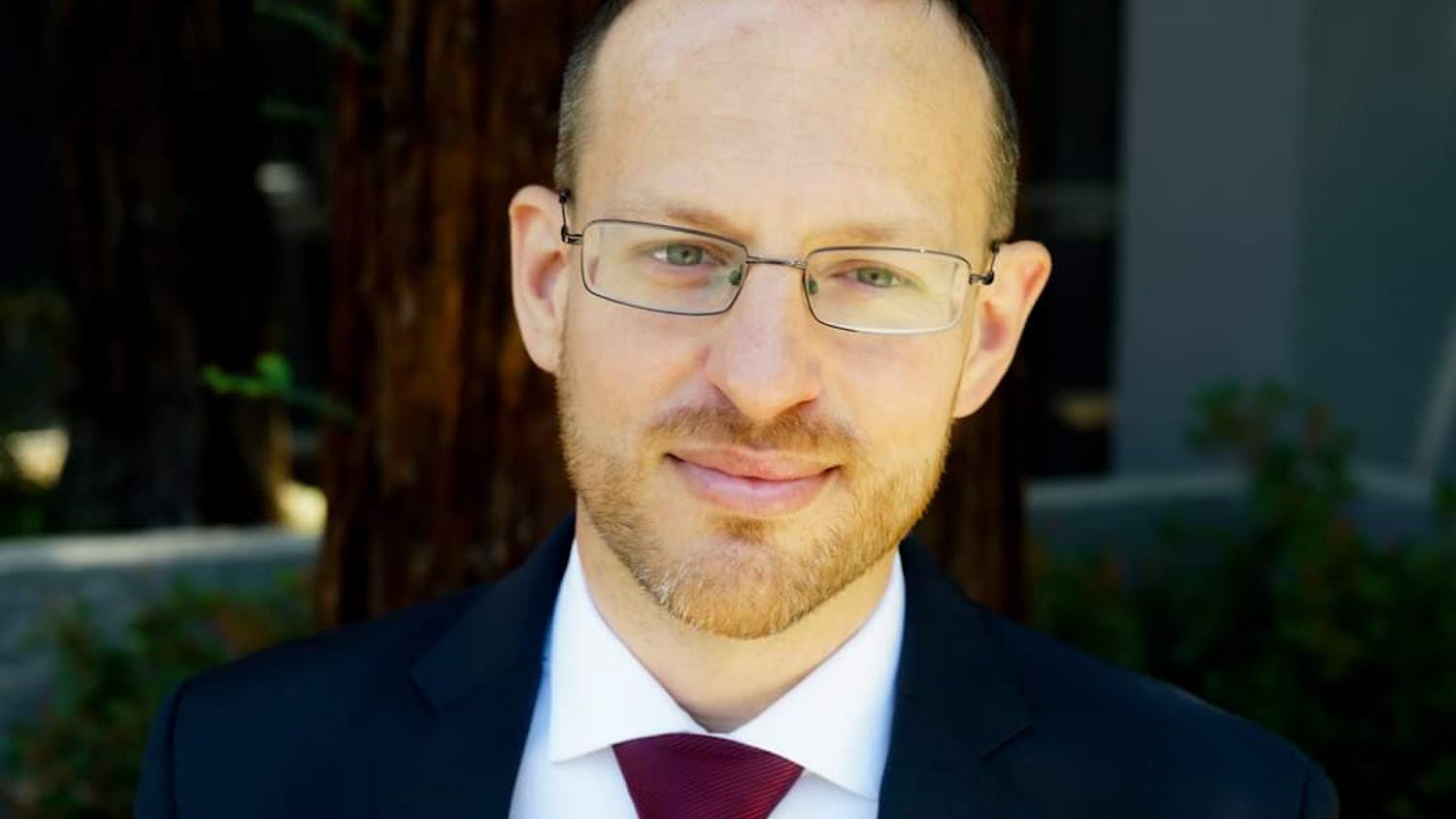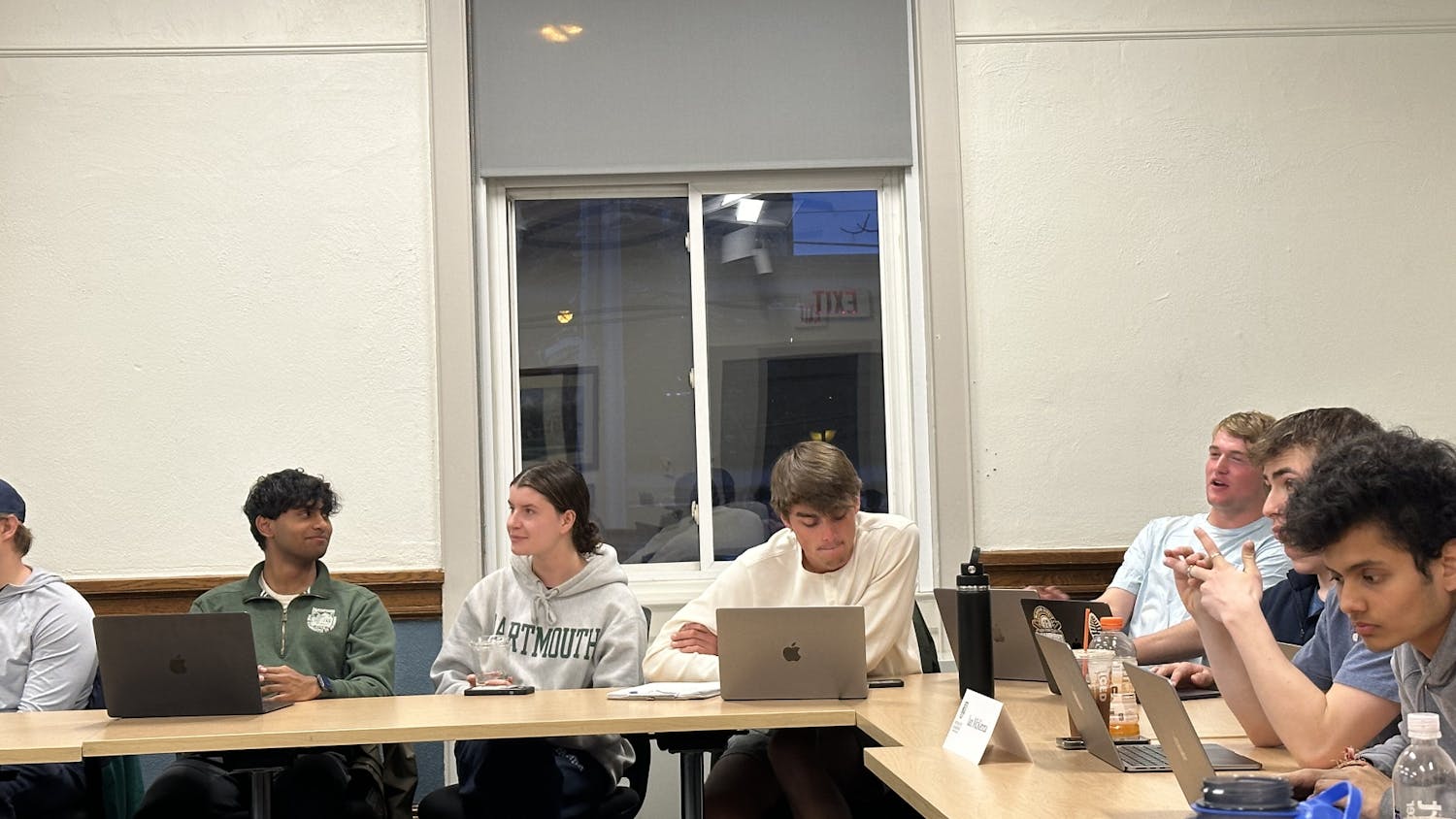As a research institution, the College is involved in animal testing, primarily as it pertains to medical research. As it receives government funding, the College has a variety of regulatory bodies to ensure that animal welfare is upheld. This May, there was a breach in the protocol of laboratory animal care, which resulted in an investigator having to suspend the experiment, according to P. Jack Hoopes, the director of the Center for Comparative Medicine and Research and a professor at the Geisel School of Medicine and Thayer School of Engineering.
Hoopes could not disclose specific details but said that the breach in protocol did not entail an animal welfare concern. The regulatory issue was subsequently reviewed by the College’s Institutional Animal Care and Use Committee, which determined that the issue did not qualify as a violation. The IACUC suspended the protocol for laboratory operations in question because the investigator did not adhere to the regulatory policies. The investigator will not be allowed to continue or start any new research projects until he or she reapplies to IACUC with revised protocols.
As an institution that houses thousands of animals of every shape and form for a litany of research projects, Dartmouth has several regulatory bodies in place to oversee laboratory animal welfare, such as the IACUC and the Animal Care and Use Program. Both operate under the CCMR, part of the Office of the Provost. CCMR oversees animal use throughout the College and Geisel, Hoopes said.
The IACUC is an independent board associated with CCMR, which according to Hoopes is “very similar to the [Institutional Review Board] for human subjects … if you want to do a clinical trial on humans you have to submit a proposal to the IRB and then that has to go to a board which has to be approved before you can do a human clinical trial,” he said.
Professor of molecular and cellular biology Roger Sloboda, a member and chair of the IACUC, and its institutional official, said he has ultimate control over animal research along with the attending veterinarian. According to Sloboda, IACUC meets at least once a month and reviews protocols of submitted research proposals that involve animal ethics. Additionally, the IACUC conducts biannual reviews of all animal facilities in areas where animals are used for research or teaching, including Dartmouth’s Organic Farm.
The regulations they enforce include everything from the size of the animal cages, animals’ feeding schedules, to “intrusive” procedures, which include injections and surgery.
One of the most important steps of the approval of research protocols is that the investigators must prove that there are no viable alternative to using animals in the research they are proposing, Sloboda said.
In addition, one of the requirements to receive research funding from the National Institute of Health for research is approval by the local IACUC. Both research and funding are therefore vetted for animal welfare concerns.
The staff of the Animal Care and Use Program, which includes three veterinarians, provide husbandry and veterinary care for laboratory animals.
In addition to these institutional bodies, Dartmouth must adhere to governmental regulations on laboratory animal care. Hoopes said that some of these federal laws are passed by Congress, others by the public health service and others by the National Institute of Health.
Research labs at Dartmouth doing animal testing receive two unannounced visits per year from veterinarians from the U.S. Department of Agriculture to ensure compliance with the Animal Welfare Act and other federal regulations, Sloboda said.
If there is an issue or a violation to the protocol, which can be as simple as improper cleaning or as complex as animal welfare, the attending veterinarians and the staff of the Animal Care and Use Program write up the violation and bring it to the IACUC, which assesses how to correct the problem.
“Typically, if it reaches a certain level, we’ll have to write a letter to the federal government, to the Office of Laboratory Animal Welfare,” Hoopes said.
Sloboda called this policy “self-policing.”
OLAW then responds with approval or dismissal of the steps the College has taken to correct the violation.
“As long as I’ve been doing this, we have never not responded appropriately according to the Office of Laboratory Animal Welfare in any of these incidents,” Sloboda said.
Depending on the infraction, “it is possible that an investigator could have his privileges taken,” Hoopes said.
Hoopes added this has happened at the College “more than once” in the last 10 years.
Regulations have changed greatly over the past several decades, and Dartmouth has had to adapt with the times.
Biology professor Celia Chen ’78 Ph.D. ’94, who uses fish in her research on toxic metals, said she remembers that when she was an undergraduate at the College, animal welfare rules were much less stringent. As a student, she took a renal physiology lab that “required doing surgery with rabbits and hooking them up to a machine that would monitor their respiration and metabolism.” In order to induce a reflexive response in the rabbits, the students blew smoke in the rabbits’ faces in order to cut off their oxygen supply. This action scarred her, Chen said.
“After that, I knew I would never be able to work with mammals because it was so traumatizing,” Chen said.
Chen said she notices the increased regulations most in the euthanasia procedures for the fish she uses for her research. Following strict protocols is sometimes difficult with different types of research, she said.
“Some of [the protocols] are not really appropriate for us because sometimes they want you to euthanize them using a chemical, and we can’t do that because we’re doing trace metal analysis on our samples after we euthanize them — then we have to do things that are more physically based, like bludgeoning,” Chen said. “We’ve had to really have kind of discussions with them about our research needs.”
Animal welfare is a controversial topic, with many people arguing that animals should not be tested on at all, Sloboda said. He added, however, that such testing is crucial for healthcare.
“I think people need to realize that their current state of health and well-being rests firmly on a foundation of animal research,” Sloboda said. “Every invasive procedure you might have in the operating room, every drug you might take for a disease or an allergy or an immunization has first been worked out and tested for safety in animals.”
However, such a large number of regulatory bodies exist to protect animal welfare concerns and maintain ethics.
“The well-being of ... the animal is put first and then the science comes after that,” Hoopes said. “We consider using animals a privilege.”



